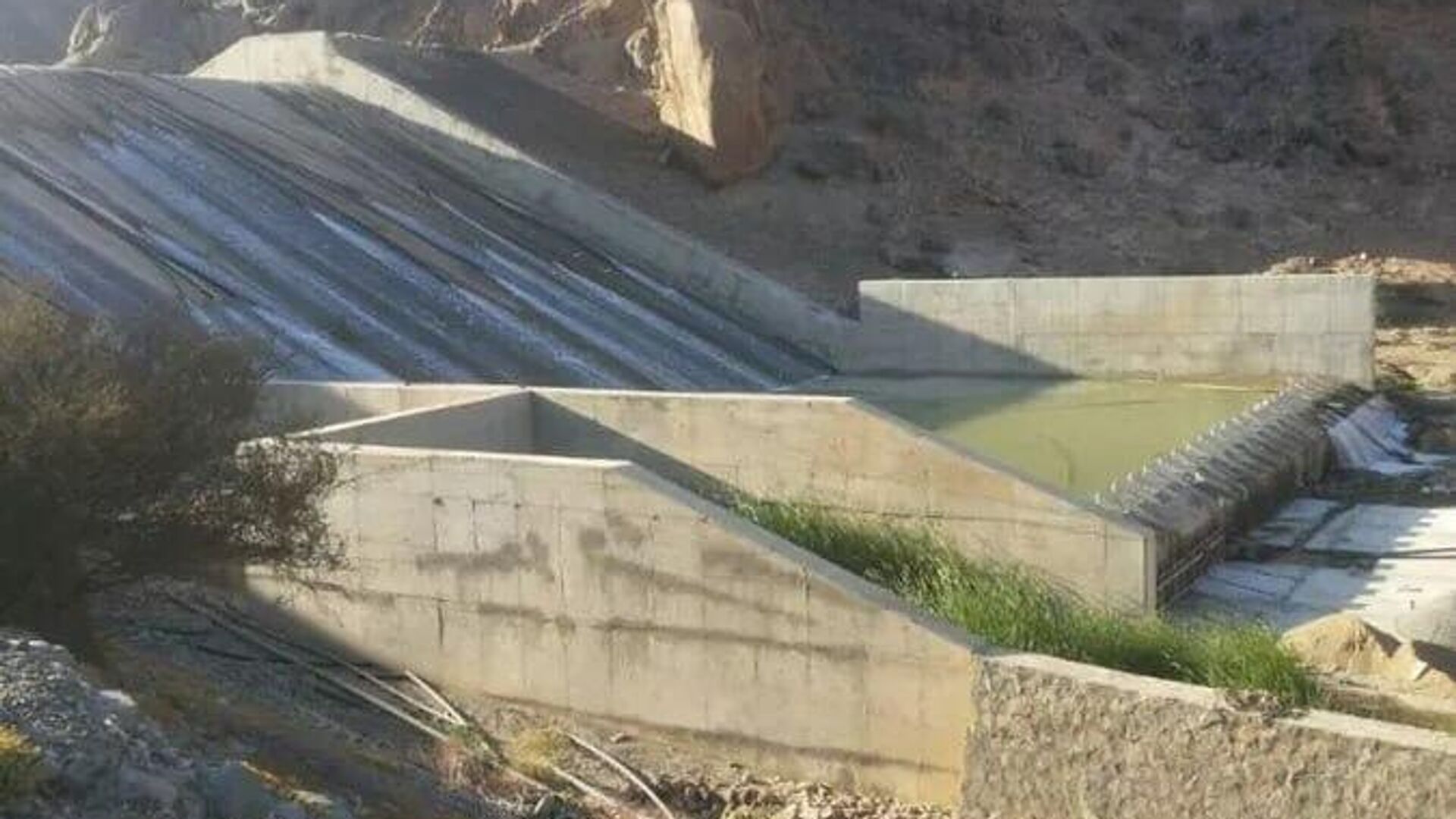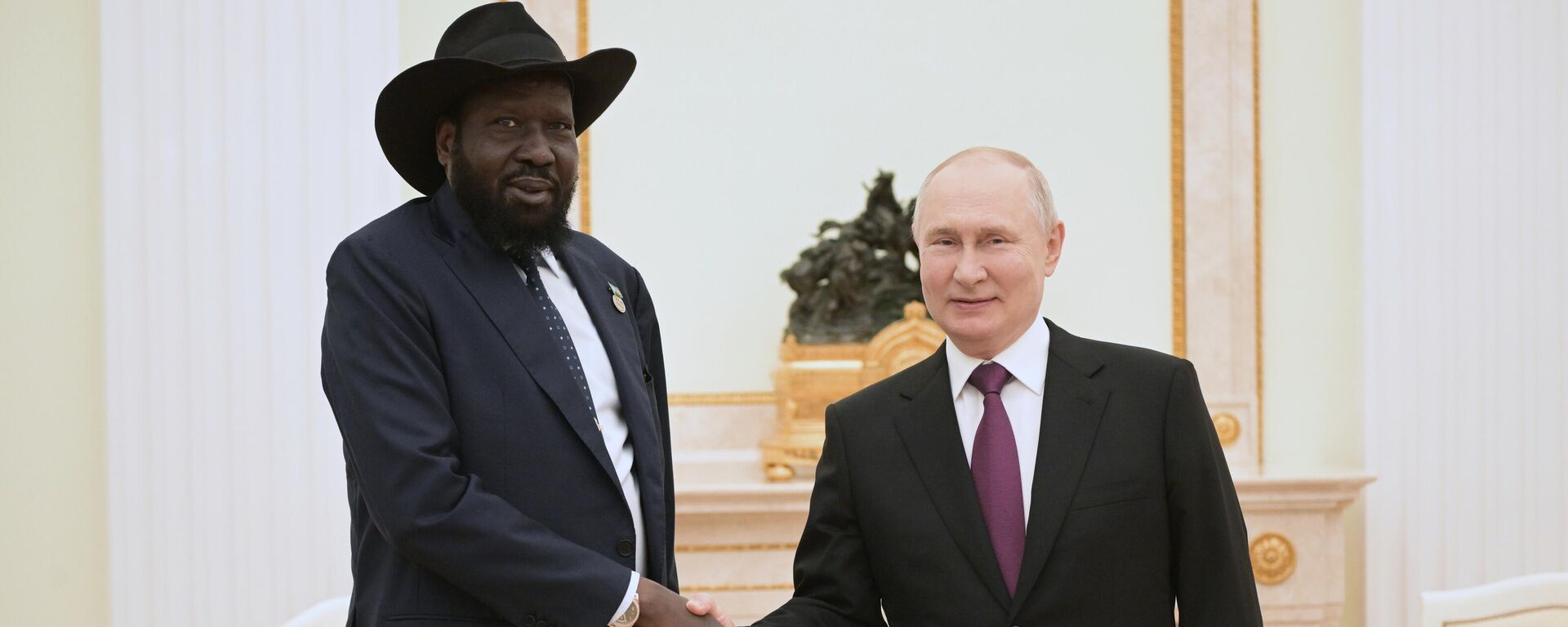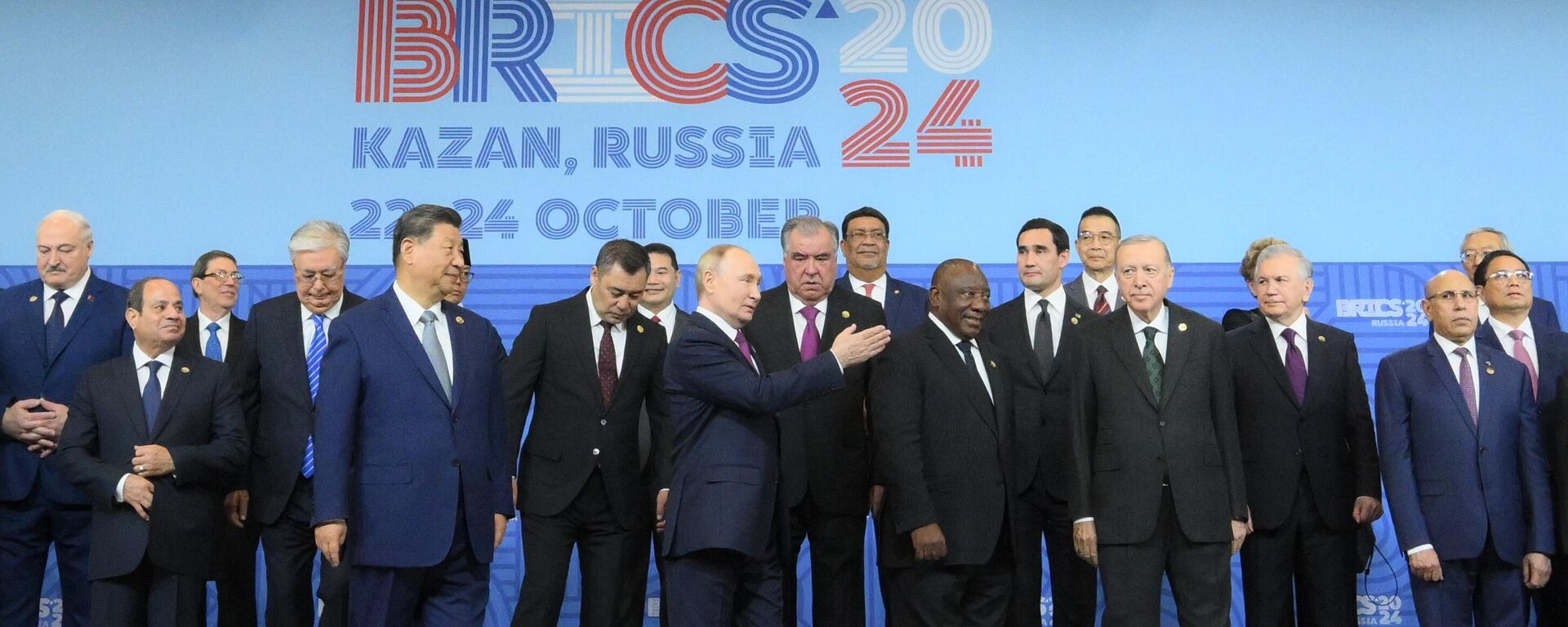https://en.sputniknews.africa/20241029/rushydro-could-play-vital-role-in-addressing-africas-water-crisis-says-expert-1068936255.html
RusHydro Could Play Vital Role in Addressing Africa's Water Crisis, Says Expert
RusHydro Could Play Vital Role in Addressing Africa's Water Crisis, Says Expert
Sputnik Africa
RusHydro, Russia's largest hydropower company, has recently announced its intention to work with African countries on the possibility of implementing projects... 29.10.2024, Sputnik Africa
2024-10-29T17:52+0100
2024-10-29T17:52+0100
2024-10-30T11:31+0100
opinion
africa
africa insight
russia-africa cooperation
water security
water resources
renewable energy
energy crisis
international atomic energy agency
energy
https://cdn1.img.sputniknews.africa/img/07e8/09/08/1068198390_0:261:676:641_1920x0_80_0_0_1cb5dad986b0fdaa51530804de55f3f2.jpg
In an interview with Sputnik Africa, Dr. Harriette Okal, a Kenyan hydrologist, emphasized the challenges facing Africa, including a rapidly growing population coupled with aging water systems and insufficient investment in water management and infrastructure.Dr. Okal highlighted RusHydro's commitment to modernized technologies and its potential to offer transformative benefits to African nations through the modernization of hydropower plants. This would involve upgrading turbines, improving water flow management, and integrating digital monitoring systems, leading to enhanced energy efficiency and reliability.Modernization can also extend the operational life of hydropower plants, ensuring they continue to provide clean energy for decades, she added. According to her, this is crucial for Africa, where reliable energy supply is essential for economic growth, development, and achieving the AU Agenda 2063 sustainable development goals.Achieving Sustainable Water ManagementDr. Okal highlighted the need for an integrated water resources management (IWRM) approach in Africa, which optimizes the use of water sources for energy, agriculture, and domestic needs. When water is managed holistically, she told Sputnik Africa, it prevents conflicts between different sectors and ensures sustainable use of water resources.Dr. Okal explained how RusHydro can advance IWRM by incorporating multi-use designs into hydropower infrastructure, combining power generation with irrigation and flood control. This ensures efficient water use across various sectors—agriculture, food production, and industry—and promotes sustainable development and climate resilience.However, the expert also stressed the importance of environmental safeguards. African countries, she emphasized, should enforce stringent environmental impact assessments (EIAs) and regulations for water use projects.Tackling Continent's Water CrisisDr. Okal emphasized the importance of learning from successful water management practices elsewhere. The Kenyan expert stressed that "Africa should be open to learning more from those who have done it successfully."Dr. Okal's comments come as Africa faces a growing water crisis, exacerbated by climate change, population growth, and inadequate infrastructure.The call for greater collaboration among African nations is timely: "Thank you, Sputnik Africa! It's not an everyday thing that you get to see big media houses giving voices to African water resources managers and hydrologists to talk about the biggest challenges that Africa is facing, which is water," Dr. Okal highlighted.
https://en.sputniknews.africa/20240808/rushydro-signs-number-of-agreements-with-south-sudan-in-hydropower-development-1067778890.html
https://en.sputniknews.africa/20241028/western-proposition-of-russias-isolation-is-attempt-to-maintain-dominance-says-egyptian-expert-1068917463.html
africa
Sputnik Africa
feedback@sputniknews.com
+74956456601
MIA „Rossiya Segodnya“
2024
Muhammad Nooh Osman
https://cdn1.img.sputniknews.africa/img/07e7/04/0a/1058467512_0:0:1280:1280_100x100_80_0_0_ec723833bcbfcaed2e21952965ad99e4.jpg
Muhammad Nooh Osman
https://cdn1.img.sputniknews.africa/img/07e7/04/0a/1058467512_0:0:1280:1280_100x100_80_0_0_ec723833bcbfcaed2e21952965ad99e4.jpg
News
en_EN
Sputnik Africa
feedback@sputniknews.com
+74956456601
MIA „Rossiya Segodnya“
Sputnik Africa
feedback@sputniknews.com
+74956456601
MIA „Rossiya Segodnya“
Muhammad Nooh Osman
https://cdn1.img.sputniknews.africa/img/07e7/04/0a/1058467512_0:0:1280:1280_100x100_80_0_0_ec723833bcbfcaed2e21952965ad99e4.jpg
africa, africa insight, russia-africa cooperation, water security, water resources, renewable energy , energy crisis, international atomic energy agency, energy, development
africa, africa insight, russia-africa cooperation, water security, water resources, renewable energy , energy crisis, international atomic energy agency, energy, development
RusHydro Could Play Vital Role in Addressing Africa's Water Crisis, Says Expert
17:52 29.10.2024 (Updated: 11:31 30.10.2024) Muhammad Nooh Osman
Writer/Editor
RusHydro, Russia's largest hydropower company, has recently announced its intention to work with African countries on the possibility of implementing projects to improve the reliability and operational efficiency of existing generation facilities.
In an interview with Sputnik Africa, Dr. Harriette Okal, a Kenyan hydrologist, emphasized the challenges facing Africa, including a rapidly growing population coupled with aging water systems and insufficient investment in water management and infrastructure.
"RusHydro, specifically, the projects that they have when it comes to infrastructure could play a critical role in improving access to potable water by integrating hydropower with water storage systems," she stated. "This could help regulate water supply during droughts and also improve the overall water management."
Dr. Okal highlighted RusHydro's commitment to modernized technologies and its potential to offer transformative benefits to African nations through the modernization of hydropower plants. This would involve upgrading turbines, improving water flow management, and integrating digital monitoring systems, leading to enhanced energy efficiency and reliability.
"When we use advanced technologies to minimize water loss through improved turbine efficiency, this could increase power output without requiring additional water," Dr. Okal explained.
Modernization can also extend the operational life of hydropower plants, ensuring they continue to provide clean energy for decades, she added. According to her, this is crucial for Africa, where reliable energy supply is essential for economic growth, development, and achieving the AU Agenda 2063 sustainable development goals.
Achieving Sustainable Water Management
Dr. Okal highlighted the need for an integrated water
resources management (IWRM) approach in Africa, which optimizes the use of water sources for energy, agriculture, and domestic needs. When water is managed holistically, she told Sputnik Africa, it prevents conflicts between different sectors and ensures sustainable use of water resources.
Dr. Okal explained how RusHydro can advance IWRM by incorporating multi-use designs into hydropower infrastructure, combining power generation with irrigation and flood control. This ensures efficient water use across various sectors—agriculture, food production, and industry—and promotes sustainable development and climate resilience.
"It will be nice seeing how the state-of-the-art technologies can help us transform water management needs and our energy needs," she said.
However, the expert also stressed the importance of environmental safeguards. African countries, she emphasized, should enforce stringent environmental impact assessments (EIAs) and regulations for water use projects.
"Projects should incorporate biodiversity prevention measures such as buffer zones around sensitive areas, and also use water-saving technologies that minimize disruption of natural habitats," she advised.
Tackling Continent's Water Crisis
Dr. Okal emphasized the importance of learning from successful water management practices elsewhere. The Kenyan expert stressed that "Africa should be open to learning more from those who have done it successfully."
"Alone we can move fast, but together we can move further," she stated, echoing a popular African proverb. "When we collaborate as African institutions, as African governments, and work together, we might reach our full potential more than we thought we could."
Dr. Okal's comments come as Africa faces a growing water crisis, exacerbated by climate change, population growth, and inadequate infrastructure.
The call for greater collaboration among African nations is timely: "Thank you, Sputnik Africa! It's not an everyday thing that you get to see big media houses giving voices to African water resources managers and hydrologists to talk about the biggest challenges that Africa is facing, which is water," Dr. Okal highlighted.




